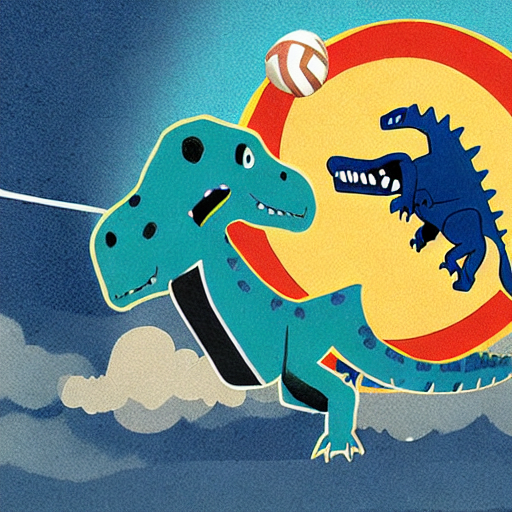So, there is this paper by Kitsantas & Zimmerman. It’s about how players with different skill levels approach practicing volleyball serves. It’s also about how to be an expert.

An excellent serve.
The statistical results are quite wild (as in: almost suspiciously strong), and quite outside my area of experience. These combination of factors led me to procrastinate on this damn summary for very long. So, I’m just going to do the life style blogger thing - here are some key takeaways from Comparing Self-Regulatory Processes Among Novice, Non-Expert, and Expert Volleyball Players: A Microanalytic Study, without any analysis of scientific validity:
- The study is another nail in the coffin for the myth of ‘talent’ - instead it explains skill differences between players by their approach to self-regulation
- Experts set more process goals (“I want to nail the proper posture” instead of “I want to hit the field five times in a row”)
- Practice of experts is better planned, more structured, more holistic
- They also monitor themselves more, and in a detached, analytical way
- Experts have higher confidence in their ability to influence the outcome, care more about the thing and consider it more useful to do in the first place. Which probably motivates them to do the above things. And that feeds back into confidence etc. It’s probably quite circular.
The title of this post promised lessons, so what are the lessons than?
Not so easy.
I promised no scientific analysis, but here is a warning anyways: correlation is not causation. This ain’t a criticism - the authors are quite aware of this. What I am saying in this: While it’s probably not a bad idea to structure practice session of whatever the hell you want to learn like experts do in this study, this paper is not proof that this will make you an expert.
It’s just saying you can predict who is an expert by just these behaviors.
But the authors are indeed saying that there are other studies confirming self-regulation strategies as a causal factor for expertise. So I suppose, read Zimmerman & Kitsantas, 1997, follow that playbook, and become an expert. Don’t forget to have some fun along the way.
Thanks for reading! This post is part of my series of reading and summarizing papers, mostly relating to UX. I use a casual tone because that’s the most fun to me. That means my interpretation of a given paper may be off. Or incomplete. Or plain wrong. Always think for yourself, and for the love of God, don’t cite this in an academic context. Use the original article instead. Cheers!